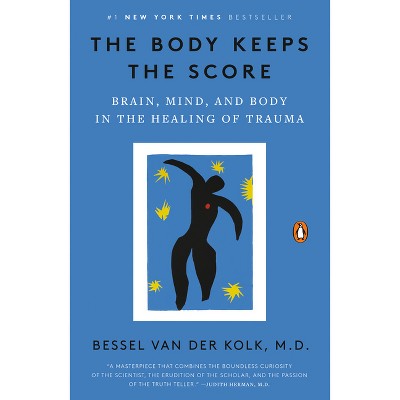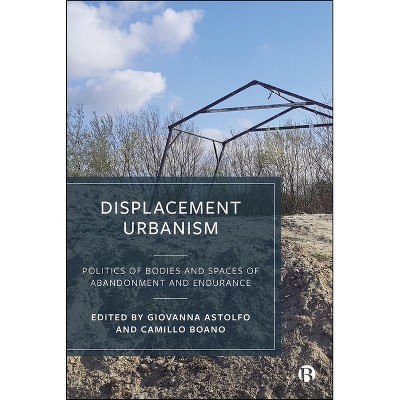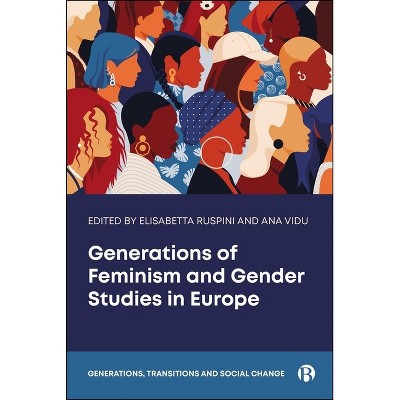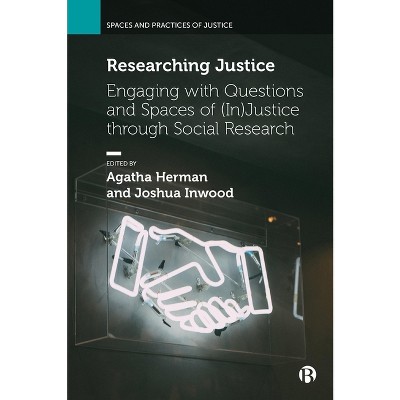Sponsored

Lost in Transition - by Anna Giza (Hardcover)
Pre-order
Sponsored
About this item
Highlights
- This book examines the contradictions in the narratives surrounding the post-socialist transition in Eastern Europe.
- About the Author: Anna Giza is Professor in the Faculty of Sociology at the University of Warsaw.
- 176 Pages
- Business + Money Management, Free Enterprise & Capitalism
Description
Book Synopsis
This book examines the contradictions in the narratives surrounding the post-socialist transition in Eastern Europe. While countries such as Poland and Hungary are hailed as successful transitions to liberal democracies, they are also seen as semi-authoritarian regimes undermining democracy.
The book questions what the transition was truly about, challenging the dominant narrative and highlighting the overlooked aspects of society, such as the agency of people and organizations, the ethical resources that society and economy are based upon and ideas about who we are as human beings. Focusing on organizations and the world of paid work, it uses Poland as a case study to explore the hidden consequences of the transition and its broader relevance for both Eastern Europe and the West.
About the Author
Anna Giza is Professor in the Faculty of Sociology at the University of Warsaw. She specializes in the sociology of management and the sociology of knowledge.Shipping details
Return details
Frequently bought together
Trending Non-Fiction

















